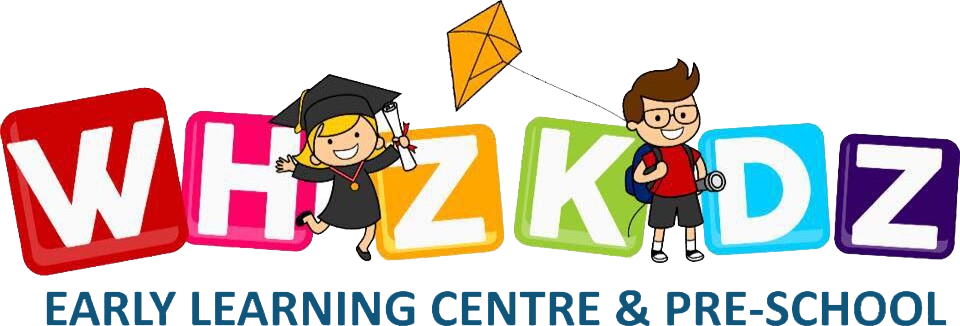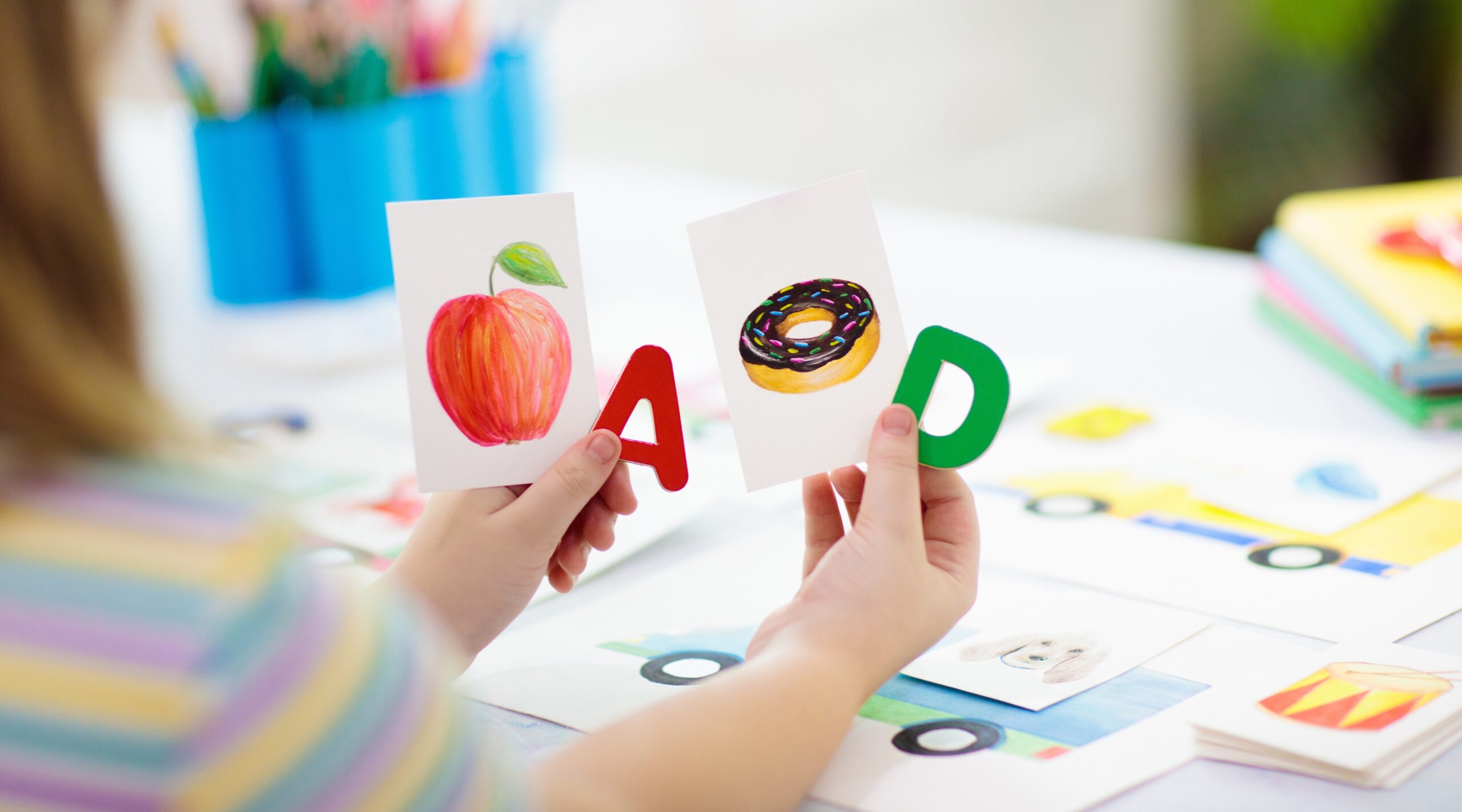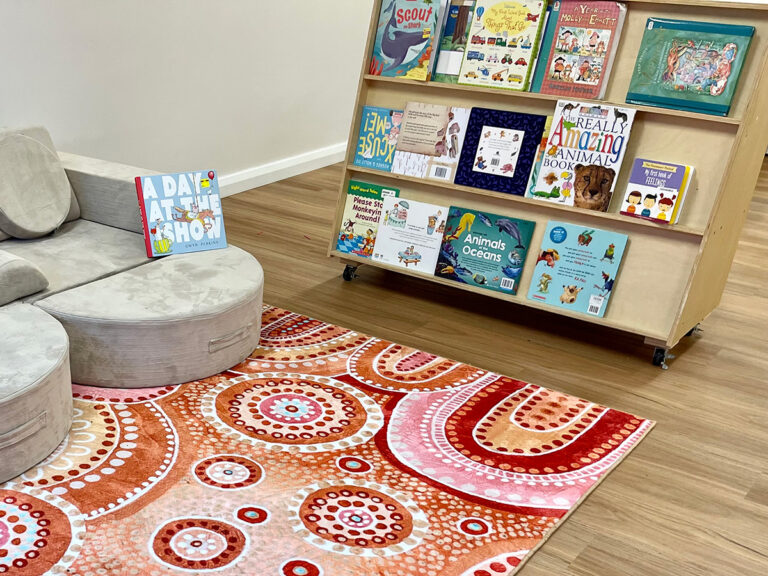The Importance of Play-Based Learning in Literacy Development
The team at Whiz Kidz St Albans know how important play-based learning is to literacy development in early childhood education. It provides rich, meaningful, and engaging experiences that promote language development, emergent literacy skills, and a love of reading and writing. Here are some reasons why play-based learning is essential for literacy development:
Promotes language development
Play-based activities encourage children to engage in verbal communication, storytelling, and imaginative play, which promote language development. Through interactions with peers and adults, children learn new vocabulary, sentence structures, and communication skills that are essential for literacy.
Fosters phonological awareness
Play-based activities such as singing, rhyming games, and language play with sounds and words help develop phonological awareness—the ability to recognise and manipulate the sounds of language. This foundational skill is crucial for later reading and writing success.
Encourages story comprehension and narrative skills
Storytelling, pretend play, and dramatic play activities provide opportunities for children to engage with narrative structures, characters, settings, and plotlines. By participating in storytelling and imaginative play, children develop comprehension skills, sequencing abilities, and an understanding of story elements.
Supports emergent literacy skills
Play-based learning activities naturally incorporate emergent literacy skills such as print awareness, letter recognition, and understanding of written language conventions. Children may encounter print in various contexts during play, such as signs, labels, books, and props, which helps them make connections between spoken and written language.
Encourages exploration and experimentation with literacy materials
Play-based learning environments provide access to a variety of literacy materials such as books, writing tools, alphabet manipulatives, and literacy-themed props. Children are encouraged to explore these materials, experiment with writing and drawing, and engage in literacy-rich activities at their own pace and level of readiness.
Promotes engagement and motivation
Play-based learning is inherently enjoyable and intrinsically motivating for children. When literacy activities are embedded within playful experiences, children are more likely to be engaged, enthusiastic, and invested in learning. This positive attitude toward literacy lays the foundation for a lifelong love of reading and writing.
Encourages critical thinking and problem-solving
Play-based learning fosters critical thinking and problem-solving skills as children navigate imaginative scenarios, solve pretend problems, and make decisions during play. These cognitive skills are essential for comprehending text, inferring meaning, and analysing information in literacy tasks.
Supports social-emotional development
Play-based learning promotes social-emotional development by providing opportunities for collaboration, cooperation, negotiation, and empathy. Through play, children learn to communicate effectively, resolve conflicts, and navigate social interactions—all of which are important for literacy development and success in school.
Individualized and differentiated instruction
Play-based learning allows for individualised and differentiated instruction that meets the unique needs and interests of each child. Educators can scaffold learning experiences based on children’s developmental levels, strengths, and areas for growth, providing tailored support and challenges as needed.
Creates a positive learning environment
Play-based learning environments are nurturing, inclusive, and supportive spaces where children feel safe to take risks, make mistakes, and explore new ideas. This positive learning environment promotes a sense of belonging, confidence, and curiosity that enhances literacy development and overall learning outcomes.
In summary, play-based learning is essential for literacy development in early childhood education because it promotes language development, fosters emergent literacy skills, encourages story comprehension, supports social-emotional development, and creates a positive and engaging learning environment.
By integrating play-based activities into our curriculum at Whiz Kidz St Albans, our educators actively nurture children’s love of literacy and lay a strong foundation for future reading and writing success.







